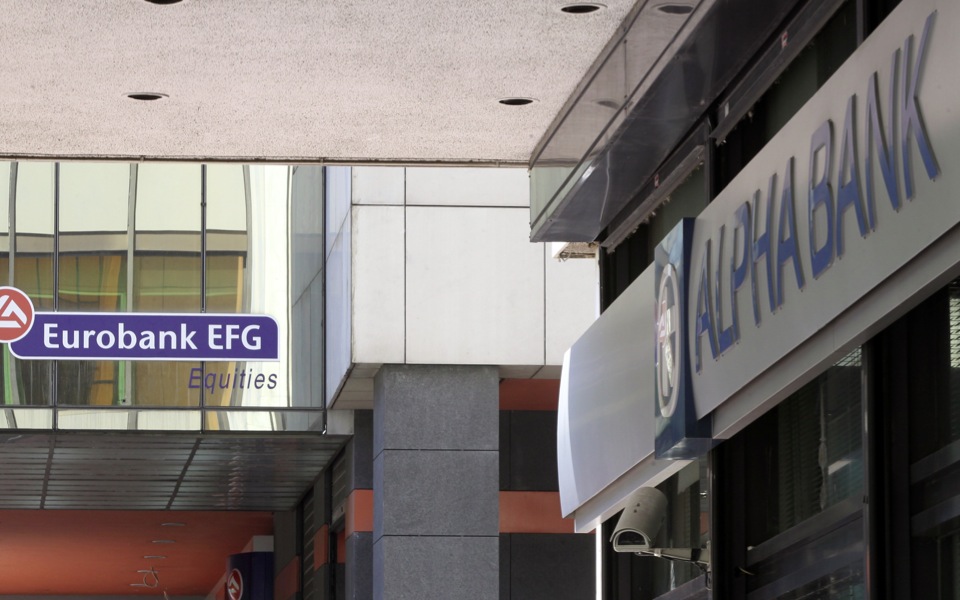Greek lenders count on interbank market

Senior Greek bank officials visiting Washington in the context of the Annual Meetings of the World Bank and the International Monetary Fund have had contacts with major European and US lenders aimed at expanding their funding lines via the interbank market.
Increased transactions in the interbank market and the rise in deposits in Greek accounts over the last five months have considerably improved the liquidity conditions for local banks, as reflected by their reduced dependence on the emergency liquidity assistance (ELA) mechanism.
The contacts with some of the world’s biggest lenders showed Greek officials that Greece is no longer a major focus of international concern and the fear of a Greek exit from the eurozone has receded. Nevertheless, the concern and uncertainty over nonperforming loans have not disappeared, while the upcoming stress tests and the risk of a new recapitalization are strengthening worries.
However, this has not discouraged activity in the interbank market or bond issues, such as that by National Bank this week, as banks offer collateral for such transactions: loans of all categories that are serviced normally and are offered to investors as guarantee. The value of the loans used as collateral is significantly higher than the amounts banks draw.
All domestic banks have drawn considerable liquidity from the interbank market in this way. Alpha Bank, in particular, has utilized a large part of its loan portfolio through securitization: loans of large and medium-sized enterprises, mortgages and consumer loans as well as shipping credit have been securitized, helping Alpha draw 2 billion euros through repos from the interbank market.
Disengagement from the expensive ELA mechanism is a top priority for all lenders, with National being very close to this target, having completed the majority of divestments it had pledged to the European Commission and releasing significant liquidity in doing so.





